
Text: Beth Mark
Photography: Sandra Freij
“Rana Plaza did a lot to expose the terrible practices in the garment industry. The labels that emerged through the rubble were some of the labels I'd written about on my page. From then on, I couldn’t promote these brands any further - I had to do more than sit here churning out fashion pages for a mainstream newspaper.”
BEL
Meet Bel.
Bel lives with her partner and 11-year-old daughter in Islington, North London. As a former fashion editor turned writer, speaker and activist, it’s been fascinating to get an insight into Bels’ journey.
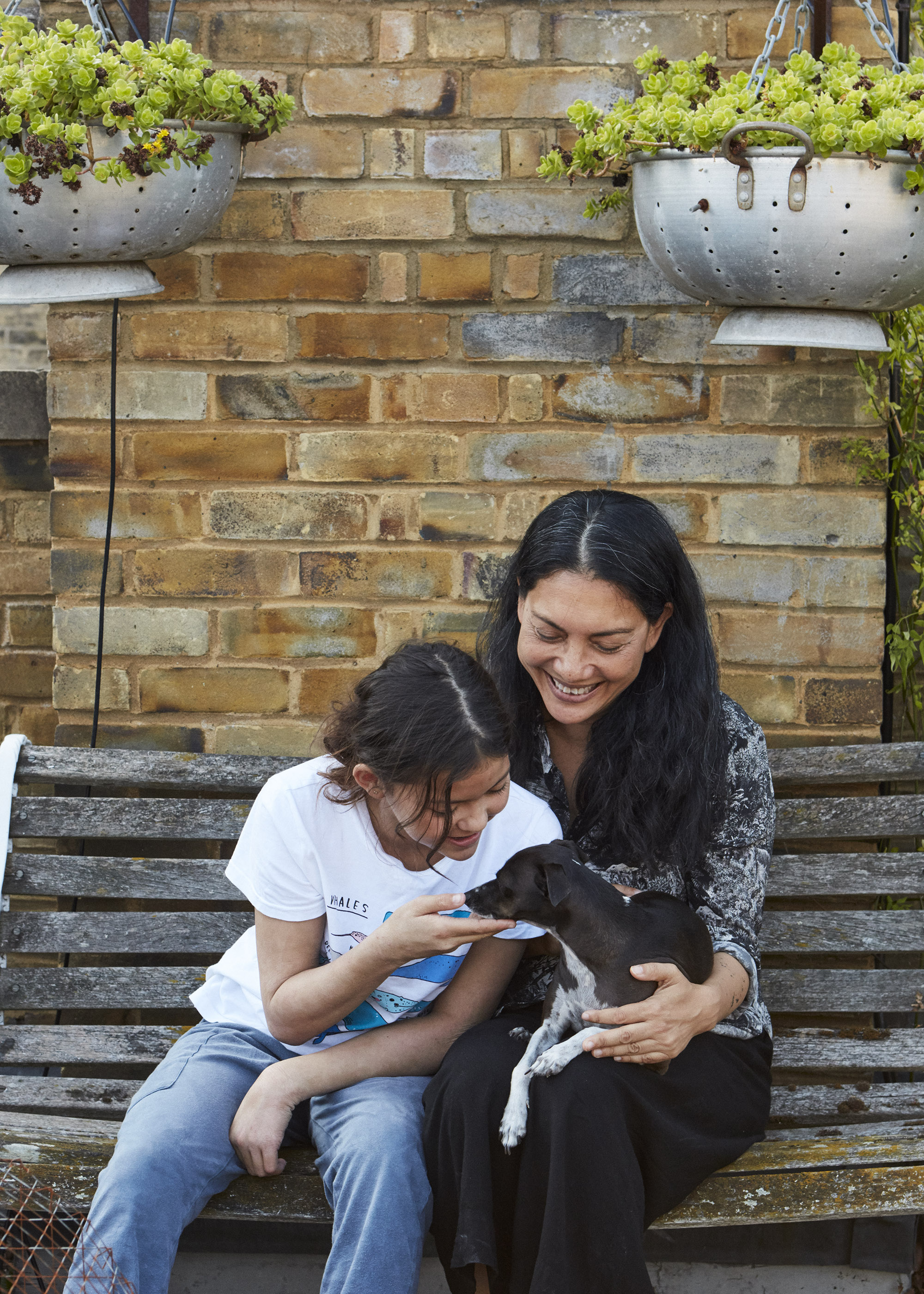
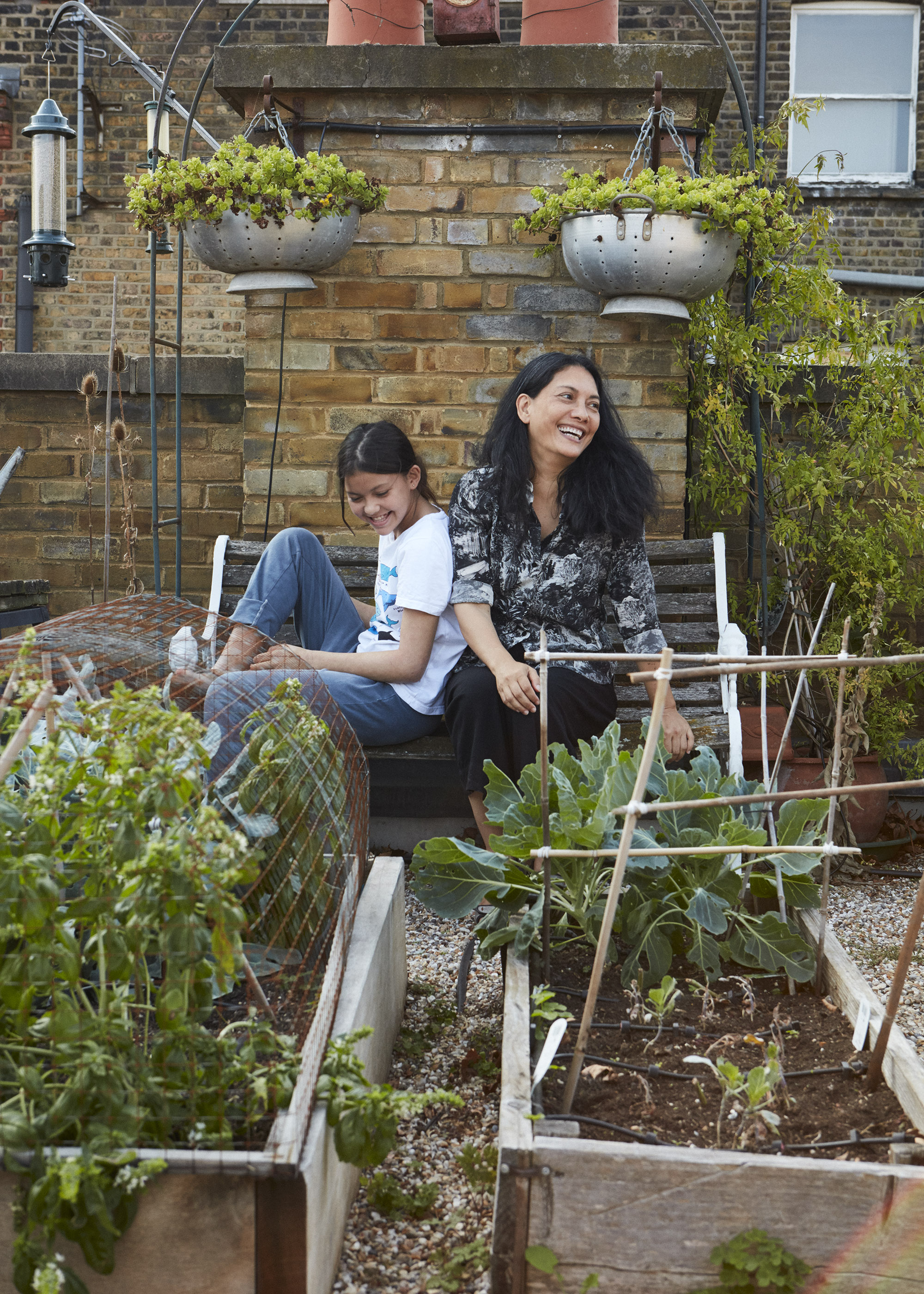
Environmental concerns started with caring about animals. Bel explains,
“When I was a child, I had a huge affinity with animals. I grew up in Hong Kong and would go from seeing the beautiful creatures that I loved at home to seeing the many strays in the street and how badly they were treated. That was a painful contrast. I remember vividly seeing a picture of someone clubbing a seal when I was about 8 years old. It was an introduction into the possible brutalities and values of the adult world. As time progressed, I realised that the greatest threat to animals wasn't just people, but also what people were doing to their environment.”
Bel loves to write and has done so in one form or another for most of her life. Her first job out of University studying History of Art was at an environmental magazine, but the magazine was small and the lack of money and security was a growing concern. In a search for more stability, Bel eventually got whisked off into a very different world becoming the Fashion Editor at the mainstream newspaper Metro between 1999- 2013. Working every day overseeing the creation of content to sell new ‘on-trend’ products to readers, she was very much in the heart of the fashion industry.

Despite all the glitz and glamour, a simmering feeling of unease started to develop. She explains:
“Without realising the impact of fashion, I started to feel that the number of garments we produced was insane.”
With more and more stories emerging about the environmental damage caused by the fashion industry, Bel started to promote ethical brands on her pages, still working within the feeling that organisations like Greenpeace and Friends of the Earth would eventually stop the ‘terrible’ things that were happening.
She reflects,
“It was a feeling that the ‘adults’ will take care of it. I’ll give them some money and sign some petitions, and it will all be sorted out."
But the horror stories kept rolling in. Finally, her growing consciousness came to a head in 2013 with the Rana Plaza factory collapse in Bangladesh. This disaster made Bel reassess everything.
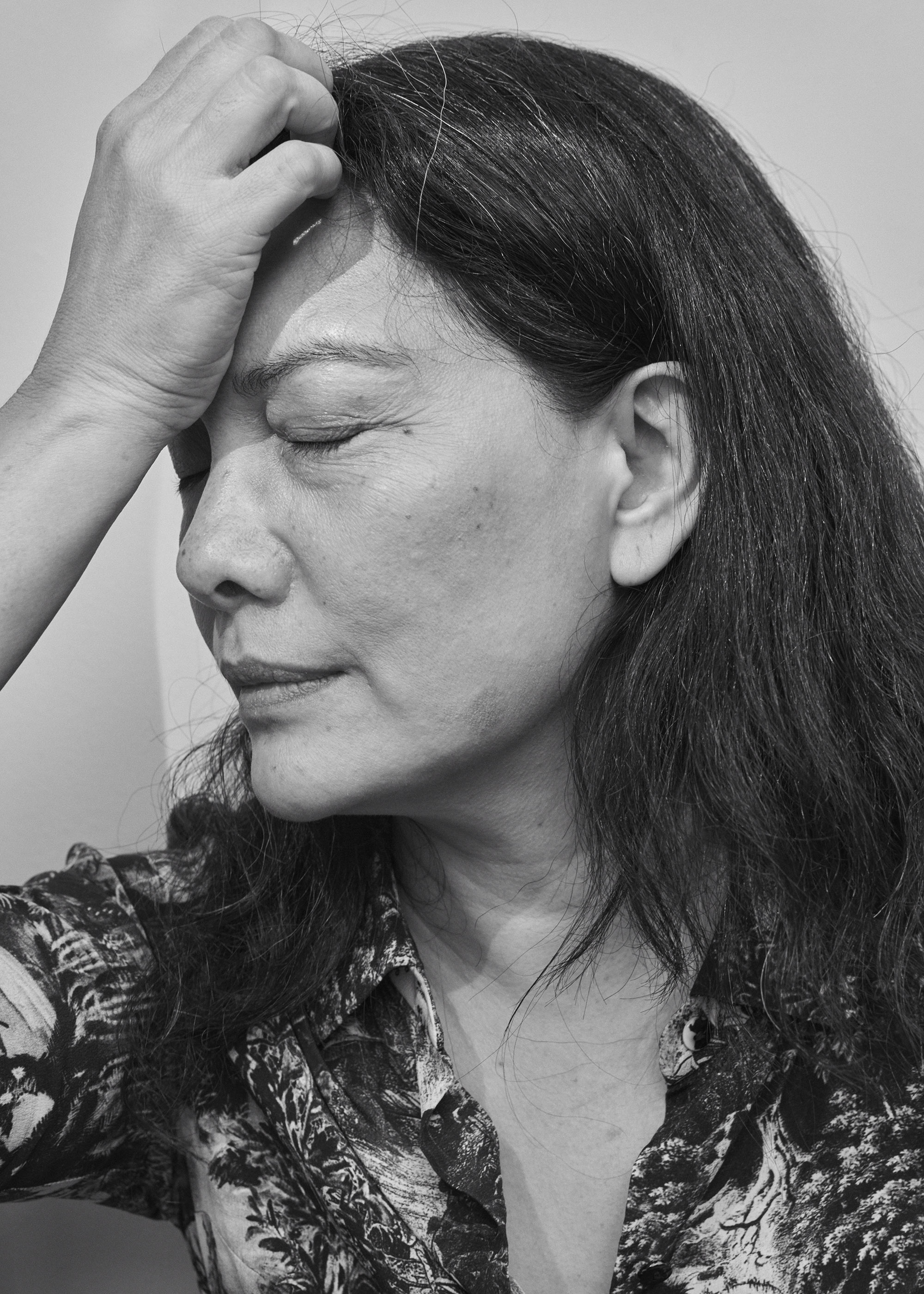
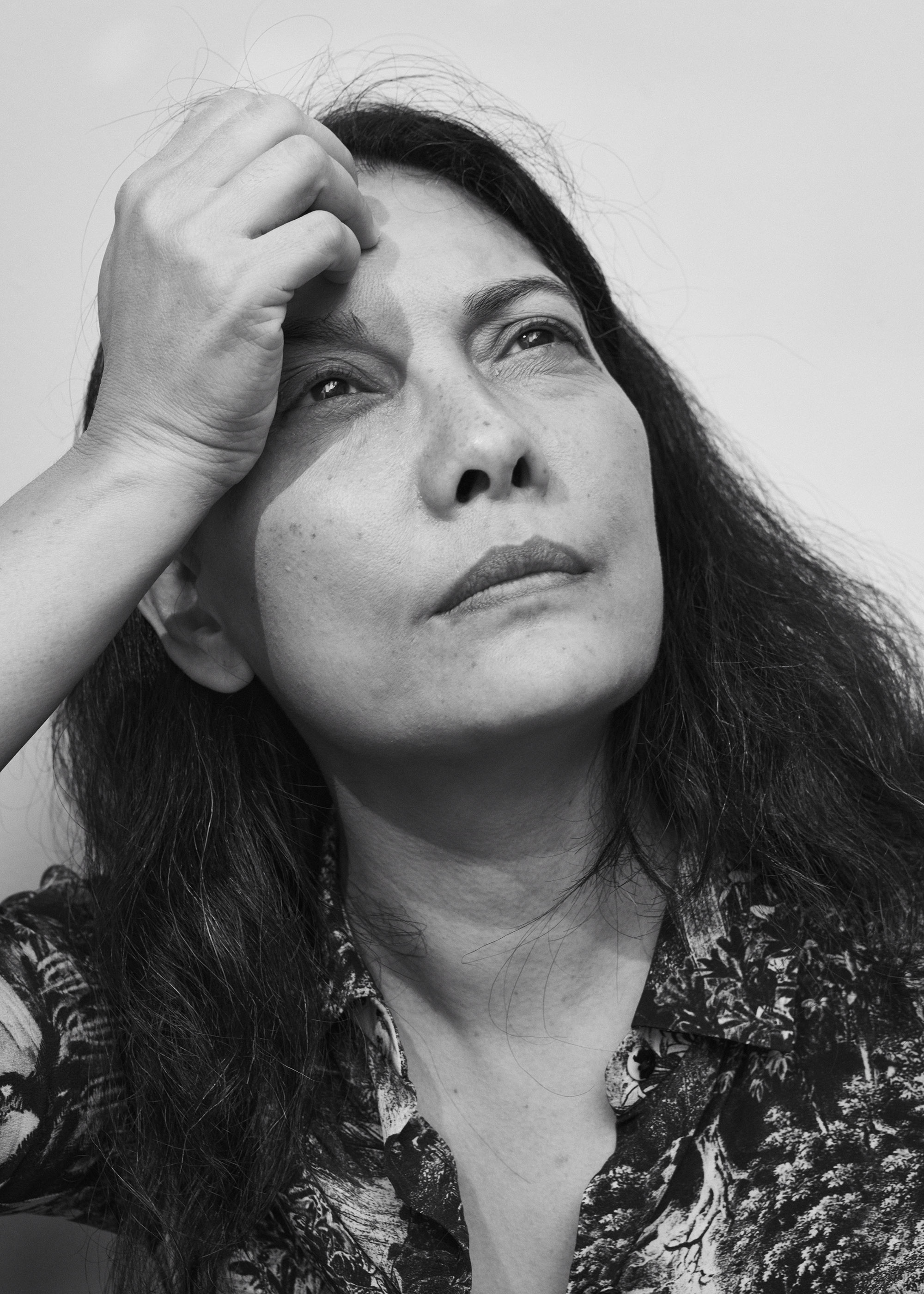
Bel explains,
“Rana Plaza did a lot to expose the terrible practices in the garment industry. The labels that emerged through the rubble were some of the labels I'd written about on my page. From then on, I couldn’t promote these brands any further - I had to do more than sit here churning out fashion pages for a mainstream newspaper.”

Shortly after the disaster, Bel left the Metro and became the founding editor of beljacobs.com. This online platform explores the sustainable alternatives to the industry and promotes ethical fashion. Soon after, she launched hownowmagazine.com, designed to highlight positive initiatives working to tackle the issues in other fields:
“Once you see the pollution, poverty and waste in the fashion industry, you see it everywhere.”
With her love of animals and the natural world, putting an end to environmental destruction is very close to Bel’s heart. She recalls the moment she was made aware of the IPCC report,
“I remember thinking something is really wrong here."
She thought,
"Animals are being slaughtered at unprecedented rates, we are losing our planet, and I won't be there to help my daughter through any of it. It felt pretty catastrophic for me.”

Bel’s partner Richard has turned a garage into a workshop for upcycling.

When Extinction Rebellion appeared on the scene in 2018, Bel felt huge relief,
“Finally here's a mass movement of people who recognise the disaster on the horizon.”
She recalls her first protest;
“I immediately took a role as a steward on the bridges in late 2018 and felt a huge sense of hope that finally, something would happen. I remember a woman took my hand and said ‘it's begun’.”
Becoming part of the Extinction Rebellion Boycott Fashion group was an organic transition. Over a couple of months, they worked on a campaign to ask people to stop buying new clothes for a full year. Bel explains the rationale behind the campaign;
“The fashion industry produces 150 billion garments a year - vastly more than we need. It's driven by an industry that profits from playing off people's ideas of self-worth and identity to shift more products. It is no accident that the richest man in Spain is the owner of Zara and it’s no accident that one of the richest families in Sweden is the owner of H&M.”
She adds,
“If you look at every aspect of the industry; the growing of non-organic fibres on a mass scale, the pollution involved in the dying process, the carbon emissions, products being shipped across the world, poorly paid garment workers … and then for almost 90% of the garments to end up in landfill, you can only conclude that it’s morally unjustifiably corrupt. And this cycle of consumption is actively encouraged by the most powerful players.”

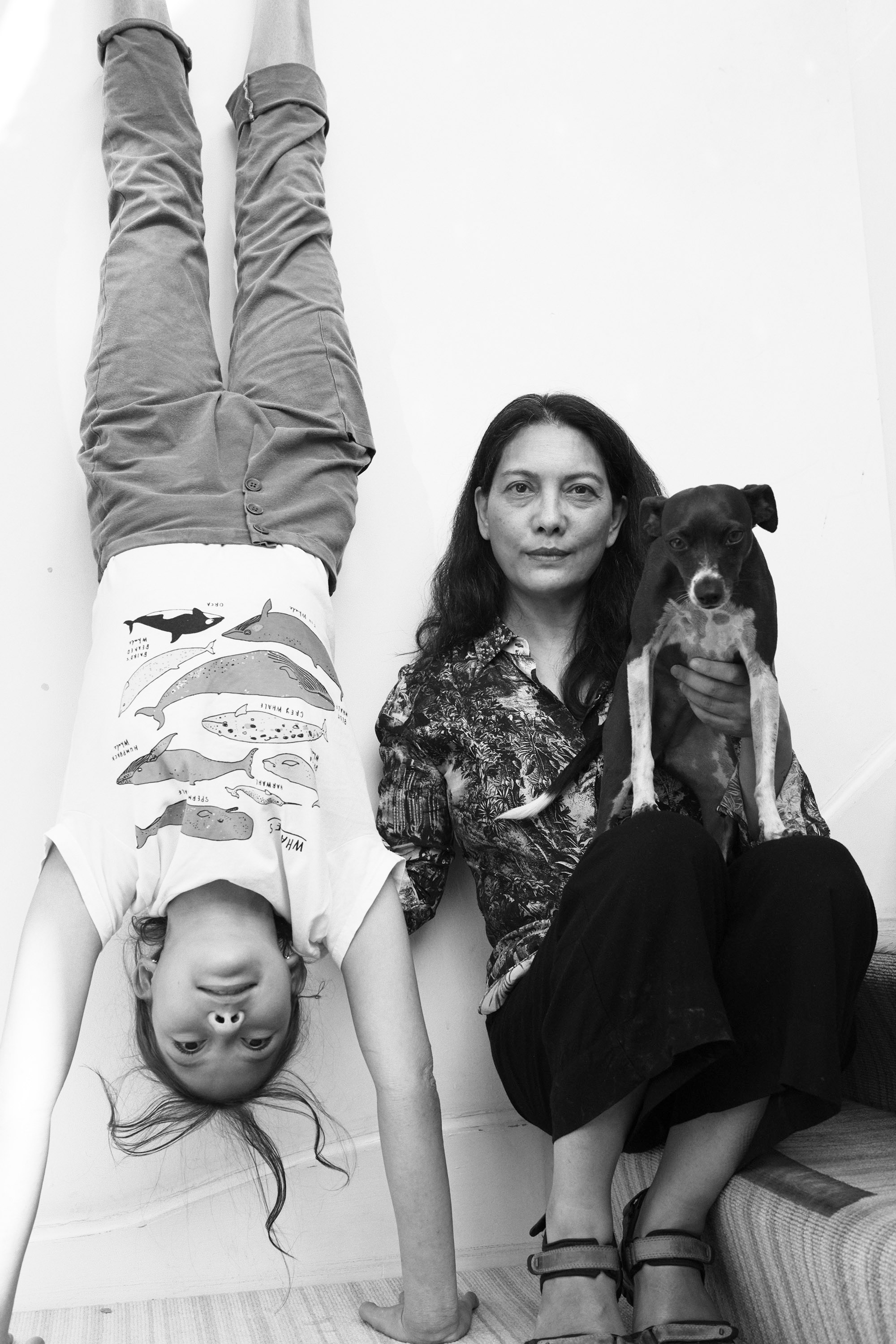
She reflects honestly on her own past behaviours,
“I have been a mass consumer. When I was deep in the heart of being a fashion editor, I was buying constantly. I was buying when I was low, I was buying when I was high, I was buying to celebrate, and I was buying for comfort. Purchasing became a form of self-care, and there's something inherently dangerous about that.”
“I have been a mass consumer. When I was deep in the heart of being a fashion editor, I was buying constantly. I was buying when I was low, I was buying when I was high, I was buying to celebrate, and I was buying for comfort. Purchasing became a form of self-care, and there's something inherently dangerous about that.”

Despite some negative comments, the campaign did resonate with a lot of people and saw thousands of followers on the group’s Instagram account, within weeks of launching. Other campaigns celebrating repair and secondhand, as alternatives to new clothes, became much more common.
The group then asked the British Fashion Council to cancel London Fashion Week. She explains,
“Trying to act sustainably but then showing new clothes on catwalks: the two things don’t mix. We have less than 10 years to take carbon emissions down to 50%, and then we have people around the world mass-producing new clothes and encourage others to purchase new. It’s completely out of sync - in fact, it starts to look quite grotesque.”

At this point, the direction of the conversation turns to Bel’s other passion; animal rights.
She explains,
“As well as a focus on fashion, I joined Animal Rebellion, which is the sister arm to Extinction Rebellion. Animal Rebellion campaigns to highlight the huge impact of animal agriculture on climate and ecological breakdown - as well as the suffering of animals trapped within its systems. It also makes clear the inadequacy of animal agriculture to feed and nourish a challenged planet."
Animals or humans, Bel explains that her aim is to stop the suffering of all sentient beings through exploitation, she adds,
“This human desire to control, to own and to exploit without consideration for suffering, or for the future of our children is all interlinked.”
There is a feeling of peace in taking action. She uses the phrase ‘stay with the trouble’, from Kate Fletcher’s Earth Logic, which means staying with the pain.
“Accept that these things are going on and try and do something about them, whatever that might be. We can’t just sit back and think someone else will take care of it. The forces of industry are too massive not to take action. I have grief, but I would rather stay with that and help rather than pretend that things are going to be fine for my daughter when she’s 50.
We can’t stay silent – find any way you can.”

Three take home statements
︎︎︎︎︎︎︎︎︎︎︎︎︎Use your voice in anyway you can.
︎︎︎︎︎︎︎︎︎︎︎︎︎Promote ethical and sustainable practices within your industry.
︎︎︎︎︎︎︎︎︎︎︎︎︎ Stay with the trouble. However uncomfortable it may feel, stick with what's right and don't take ‘no’ for an answer.
Further reading and resources
︎︎︎︎︎︎︎︎︎︎︎︎︎
https://earthlogic.info/
︎︎︎︎︎︎︎︎︎︎︎︎︎
A speaker on behalf of
animals https://earthlinged.org/
︎︎︎︎︎︎︎︎︎︎︎︎︎ beljacobs.com
︎︎︎︎︎︎︎︎︎︎︎︎︎ hownowmagazine.com
London 2020